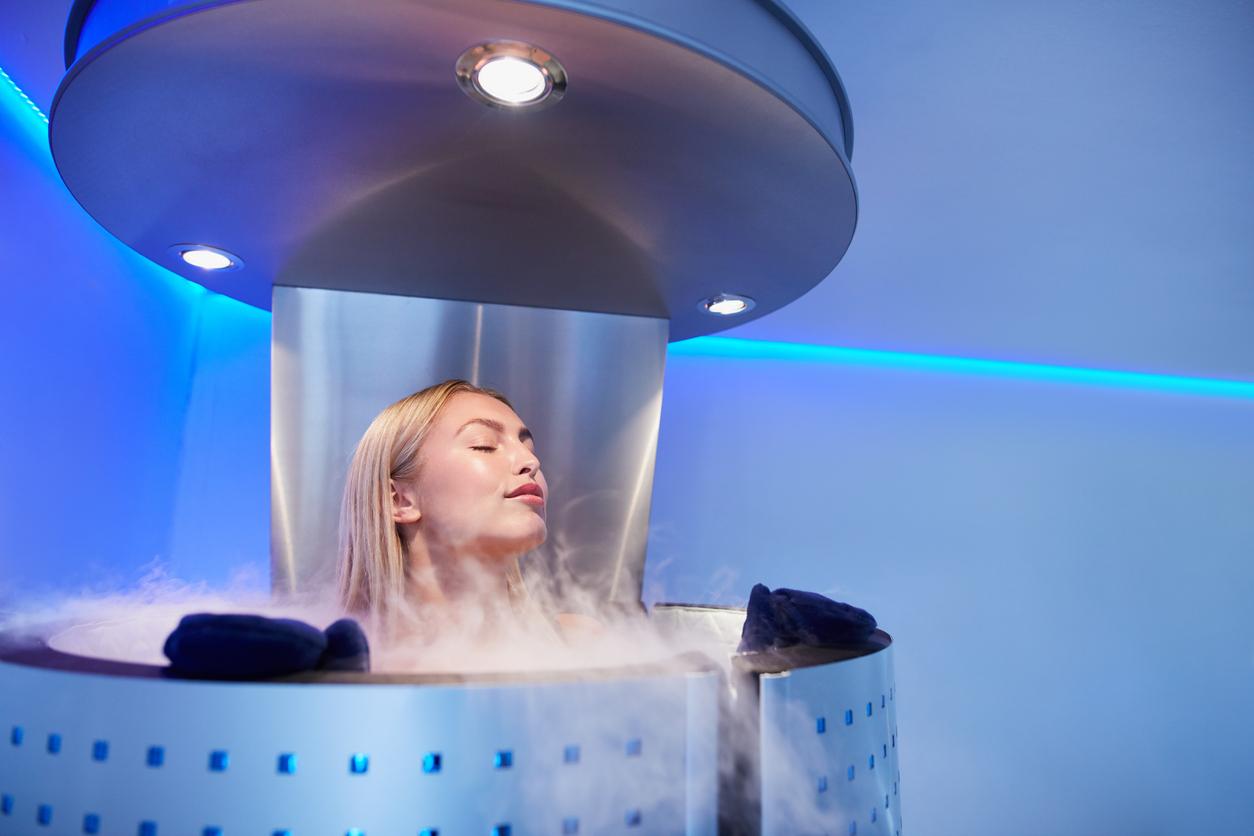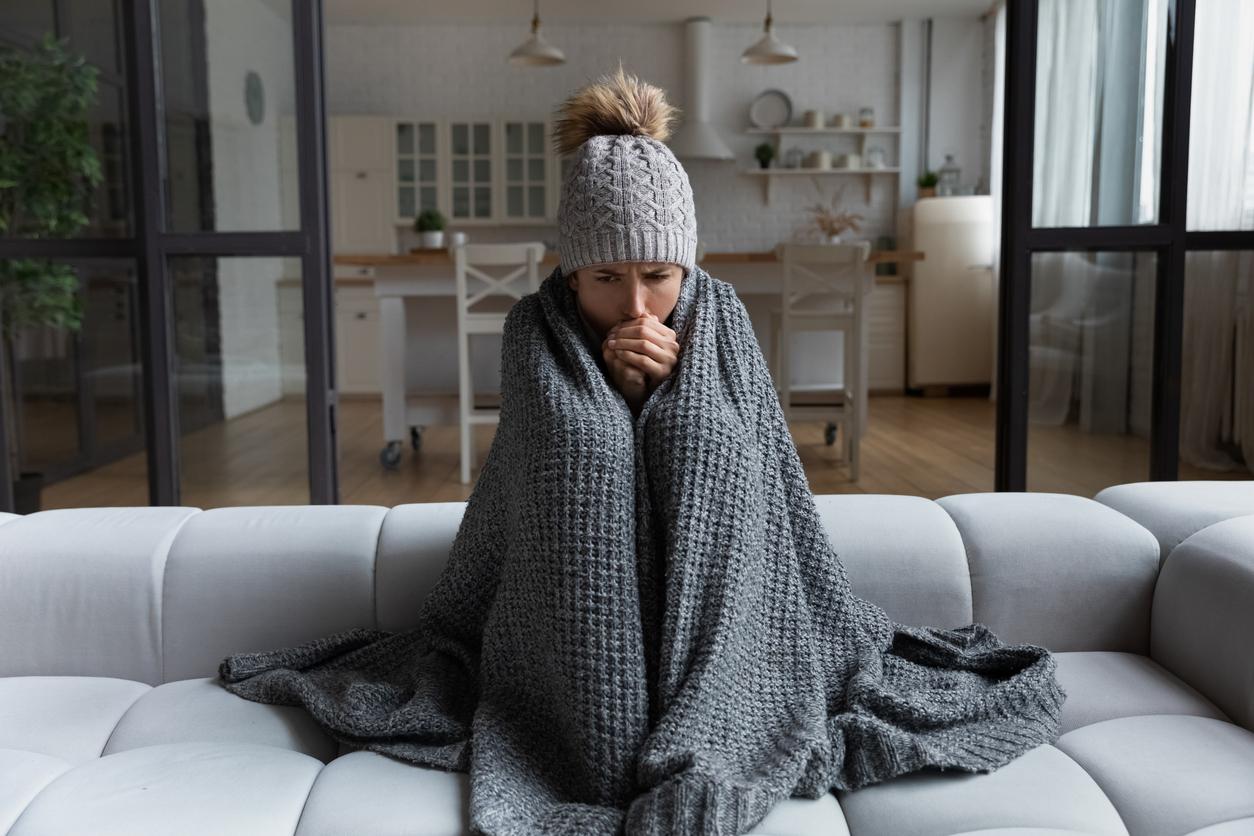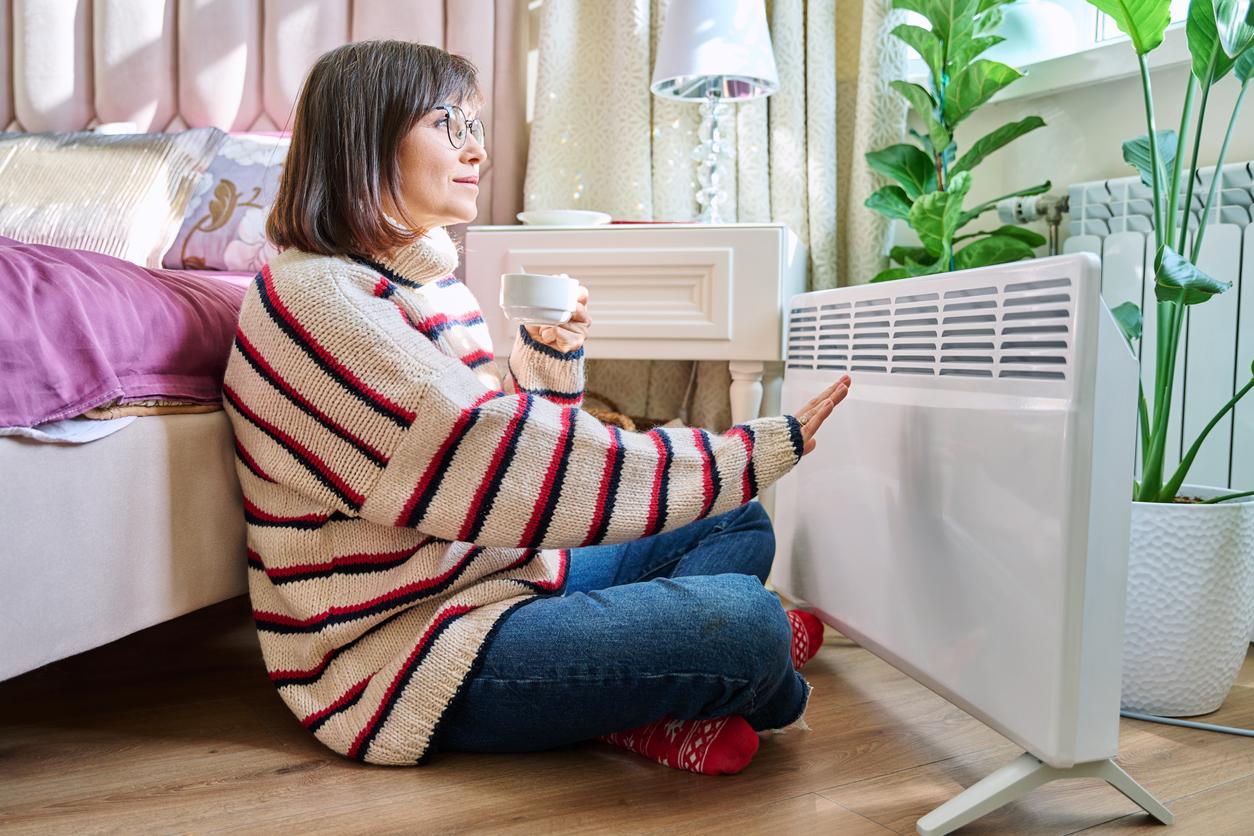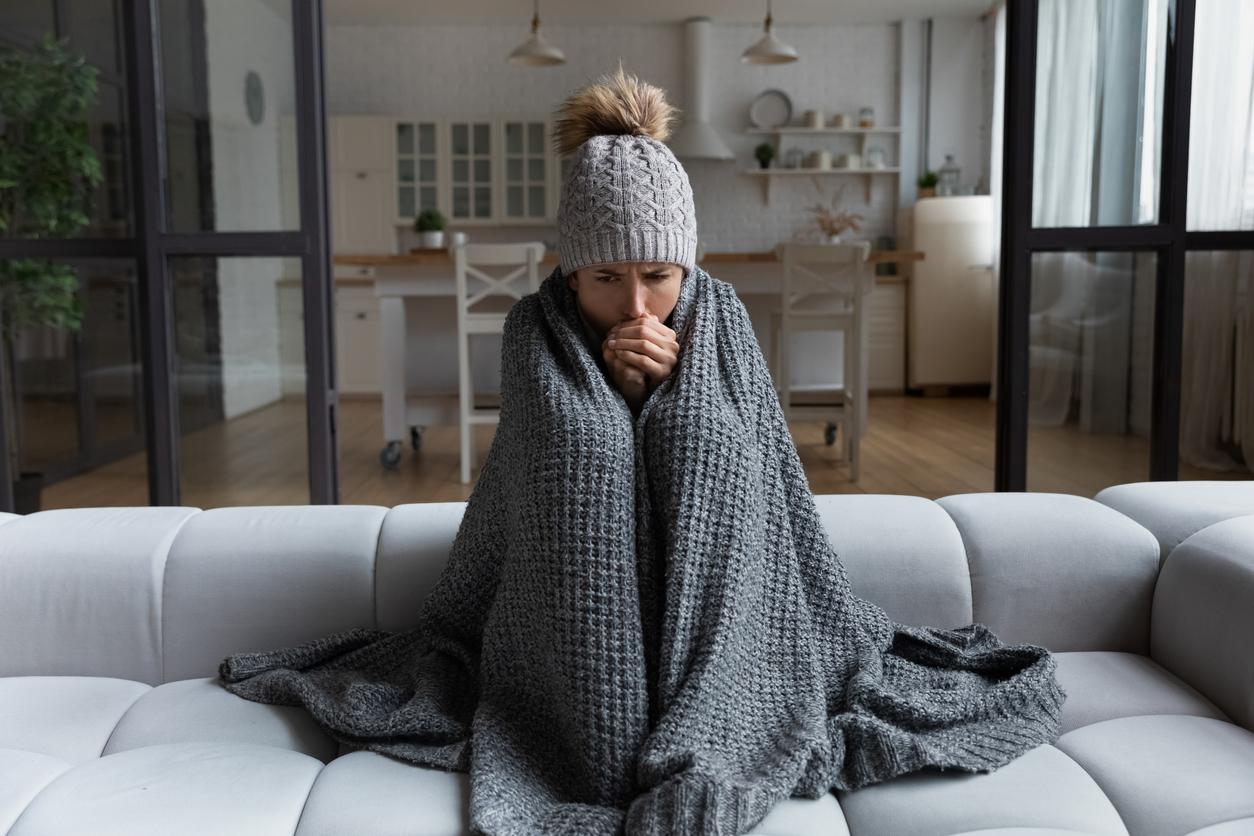I am 59 years old, in the menopause with severe hot flashes and I have an underactive thyroid. As soon as it is about 3 o’clock, I get extremely cold from the inside. At 24 degrees I don’t have any problems. My blood has been checked and there are no abnormalities. What could be the cause of this?
E. Kok
Joris Bartstra, journalist with medical diploma
Your body temperature is regulated by a kind of internal thermostat. Whether it really has an anatomical structure – a kind of organ, for example a nucleus in the brain – as far as I know, physiologists are still not sure. It doesn’t really matter for how it works: if you get cold, your body will do everything to raise your body temperature: you start shivering, put on a warm sweater, turn up the CV or sit by the stove.
There is no more efficient way for the body to raise body temperature than by making the person feel cold. It also works the other way around: if your body temperature has to drop, you get warm, you start to sweat, take off something and seek the shade.
The setting of the thermostat (the ‘set point’) can be controlled by many things. The best-known example is a fever: your body turns up the thermostat because fighting an infection goes better at a higher temperature. If the fever rises, you get cold, if the fever drops again, you get warm and you start sweating.
The thermostat setting also depends on the time of day; at night the body temperature drops (that’s why many people are sweaty at night) in the morning it rises again, early afternoon it drops again, late afternoon it rises again. If you get cold at three o’clock, your body temperature rises.
The only way to quickly get rid of that annoying sensation of being cold is to help the process. Make sure your body temperature rises quickly, for example by doing something active, or by taking an afternoon nap in a nice electrically heated bed.
Hormones also affect temperature regulation. Some recent research shows that hot flashes are probably not caused by a sudden change in the thermostat setting, but rather a decrease in tolerance for change. In women who are not in the menopause, the body temperature can rise a few tenths of a degree Celsius, without immediately getting very hot and sweating; in menopausal women who have hot flashes, the body reacts very quickly to a small change in temperature.
You don’t hear your complaint of suddenly feeling very cold, but I think the mechanism is about the same: an increased sensitivity to changes in body temperature. Your problem with the thyroid gland probably also contributes to it, but the understanding of the medical profession is not enough to solve this at the level of the thyroid gland.
What might help is a drug that slightly adjusts all kinds of reactions of the body at the level of the nervous system: clonidine. Clonidine is a medicine that is sometimes used to treat high blood pressure, sometimes for children with ADHD who cannot sleep, sometimes for the abdominal cramps and shivering associated with drug and medication withdrawal (also a form of hypersensitivity) and sometimes for hot flashes. It is a remedy that makes you a little drowsy, but you could try what you find worse: the ailment or the remedy.
Also a health question? Click here and ask the question to an expert!

















